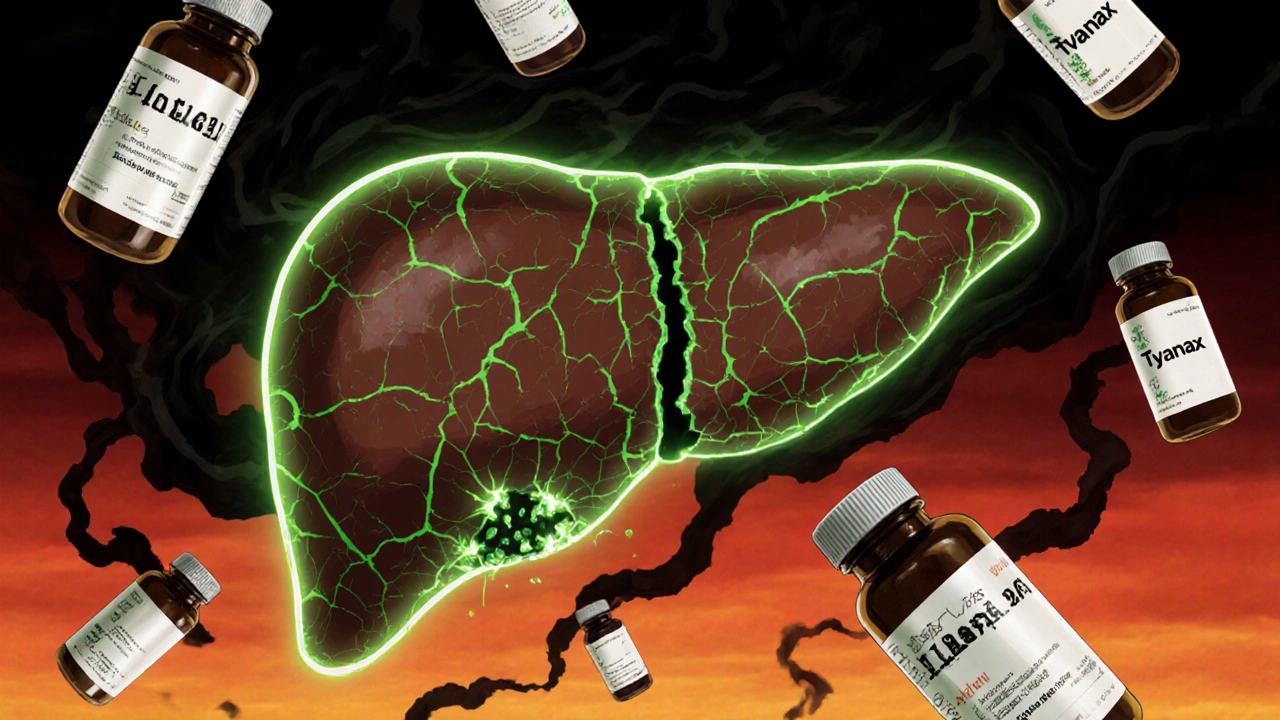Kava Liver Safety: What You Need to Know Before Using Kava Supplements
When you hear kava, a traditional Pacific Island herbal remedy used for relaxation and anxiety relief. Also known as Piper methysticum, it’s been taken for centuries—but modern reports of liver damage have raised serious questions. The truth isn’t black and white. Some people use kava without issues, while others have suffered serious, even life-threatening liver injury. The FDA and European health agencies have issued warnings. But why does this happen? And who’s most at risk?
Hepatotoxicity, the medical term for liver damage caused by chemicals or drugs from kava isn’t common, but it’s real. Studies show most cases happened with long-term use, high doses, or when kava was taken with other substances that stress the liver—like alcohol, certain painkillers, or antidepressants. The type of kava extract matters too. Traditional water-based preparations seem safer than acetone or ethanol extracts, which pull out more of the compounds linked to liver harm. Even then, there’s no guaranteed safe dose. If you have pre-existing liver disease, take any medication regularly, or drink alcohol, you’re playing with fire.
Drug interactions, when one substance changes how another works in the body are a major hidden risk. Kava can interfere with how your liver breaks down medications—especially those processed by the CYP450 enzyme system. That includes common drugs like statins, blood thinners, and even some sleep aids. Combine kava with those, and you’re not just doubling down on sedation—you could be overwhelming your liver. And don’t assume "natural" means safe. Just because kava comes from a plant doesn’t mean your body treats it gently.
There’s no magic test to predict who’ll get liver damage from kava. But if you notice dark urine, yellowing skin or eyes, unexplained fatigue, or belly pain while using it, stop immediately and see a doctor. Blood tests can catch early signs before it’s too late. Most people who recover from kava-related liver injury do so after stopping use—but some need transplants. That’s not a risk worth taking without knowing the facts.
This collection brings together real, practical insights from doctors, researchers, and users who’ve dealt with kava’s risks firsthand. You’ll find comparisons with other herbal relaxants, breakdowns of which supplements carry the highest danger, and clear advice on how to test your liver health before and during use. No fluff. No hype. Just what you need to decide if kava is worth the risk—for you.
Kava and Liver Health: Safety with Other Medications

Kava may help with anxiety, but combining it with medications can cause severe liver damage. Learn which drugs are dangerous with kava, who’s at risk, and safer alternatives.
